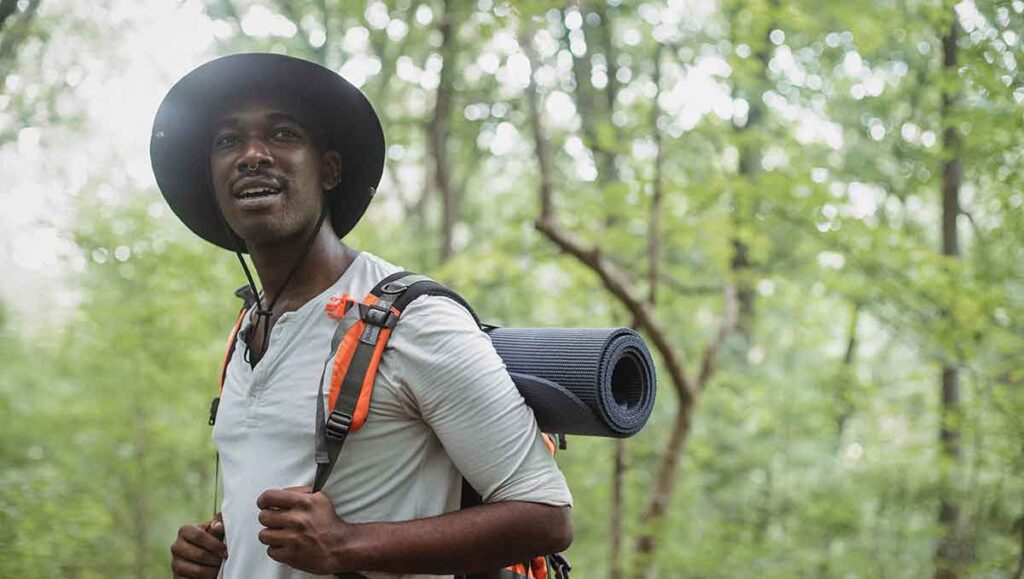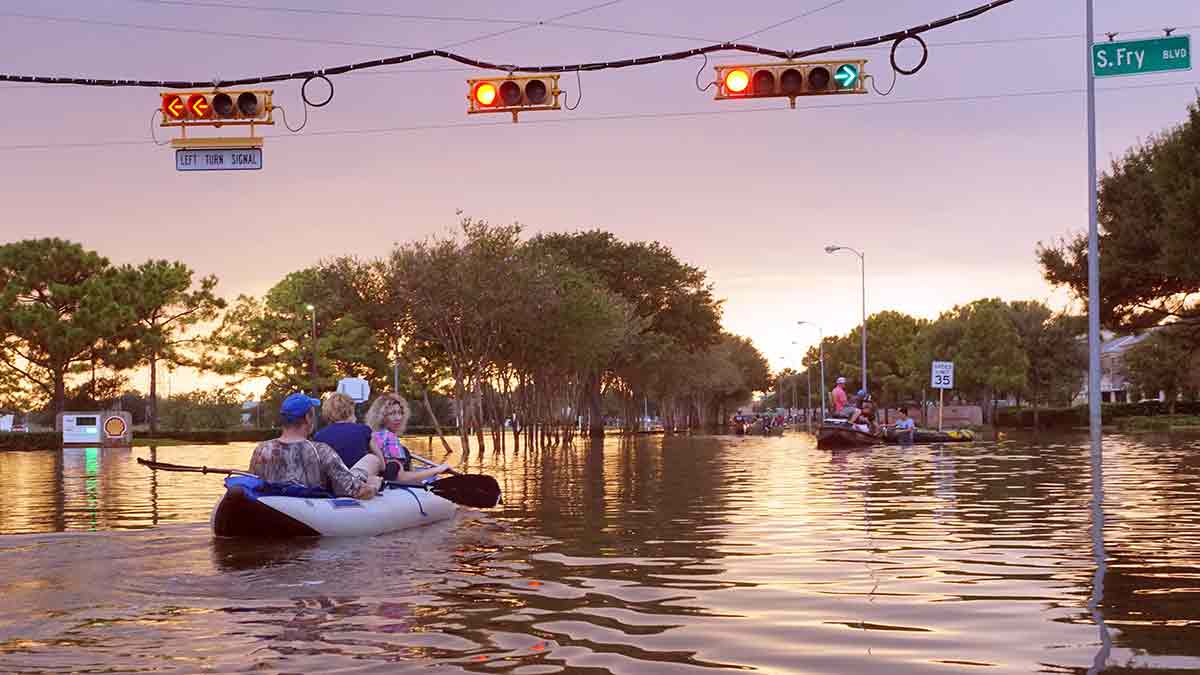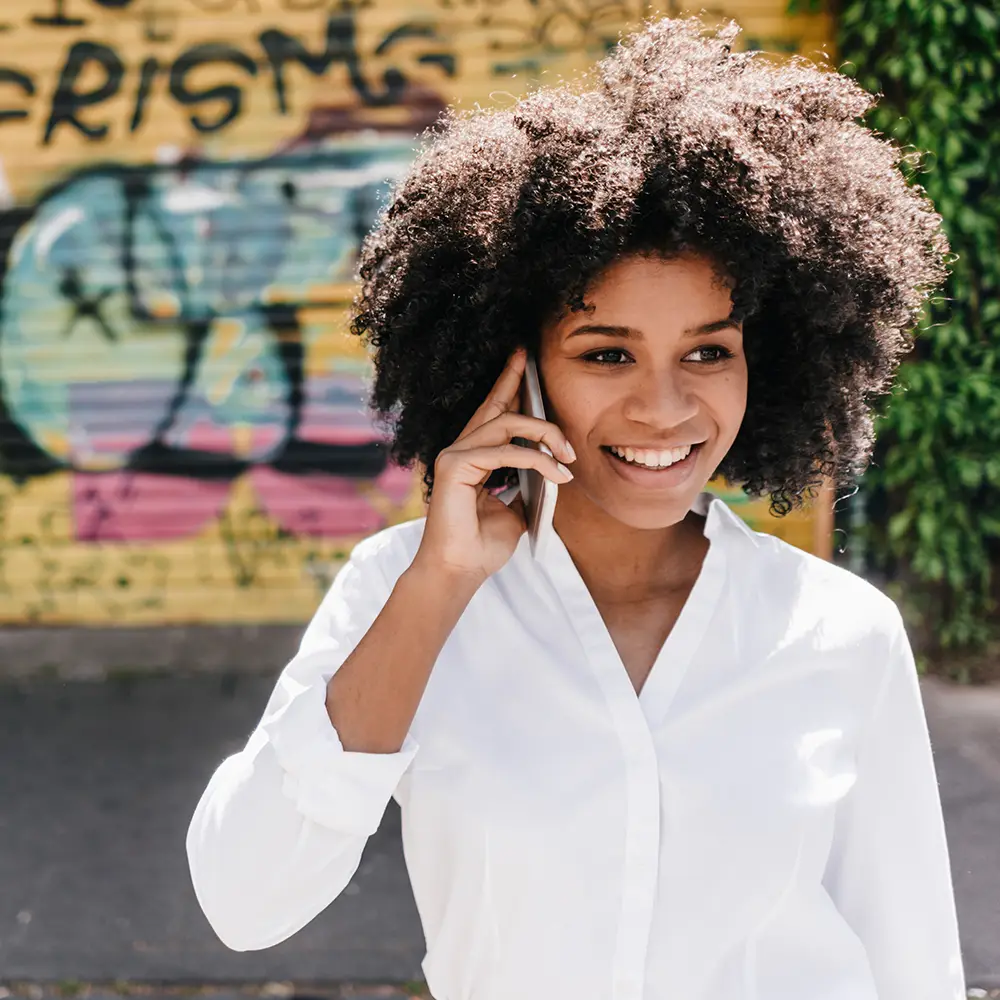
A roundup of organizations making our public lands more inclusive
Studies have shown the physical and mental health benefits of nature. Hiking in nature provides the physical activity to release endorphins that help to stabilize mood and boost self-esteem. And with or without the addition of exercise, simply being in and viewing nature is known to have a host of positive psychological effects.
With COVID-19 forever changing how we value the outdoors, there’s been a huge rise in visits to our shared natural spaces. In response, a number of organizations are dedicated to improving the accessibility of our public lands. By focusing on access for our most underserved communities first, we can move toward a future where every person feels welcome, safe, and empowered in our natural environments.
Spanish-language recreation guide for Pennsylvania state parks
Pennsylvania’s Department of Conservation and Natural Resources (DCNR) unveiled a new Spanish-Language Recreation Guide for the state’s 124 parks and 2.2 million acres of forestlands to promote inclusivity in outdoor spaces. The guide aims to make state parks more accessible to Spanish-speaking visitors. The agency is also investing in ADA accessibility and bilingual resources.
Catch the guide: Commonwealth’s Spanish-Language Recreation Guide
Beach Emergency Evacuation Lights System (BEELS)
Lifeguards use bullhorns, whistles, or their voices to warn swimmers of hazards or unsafe conditions. However, these signals rely on the ability to hear, putting the 15% of adults who report hard-of-hearing at risk. LA County Beaches and Harbors Safety Officer Randy Dean had a better idea — a series of visual strobe signals and bilingual signage called BEELS.
Bilingual rangers
The best way to be more inclusive to non-English speakers in our public lands? Hire bilingual park rangers. This is exactly what Whiskeytown National Recreation Area is doing to make their natural spaces more inclusive to Spanish speakers.
If there is one thing that I wish all hikers knew, it’s that building accommodations and universal access into the community benefits everyone.
– Syren Nagakyrie, Founder of Disabled Hikers
The Tribal and Native Lands Program
Tribal and native people have a deep and abiding relationship with traditional homelands, and contact with these places is essential to their culture, sovereignty, and history. To promote the wellbeing of these communities, the Trust for Public Land has worked with over 70 tribes to protect over 200,000 acres of their land.
Latino Outdoors
Inspiring, connecting, and engaging Latino communities in the outdoors is the focus of the nonprofit Latino Outdoors. By embracing culture and family as a key component of the outdoor narrative, they’re growing a strong network of Latino Outdoor visitors, mentors, and stewards.
Want more content like this? Sign up for our monthly newsletter!





